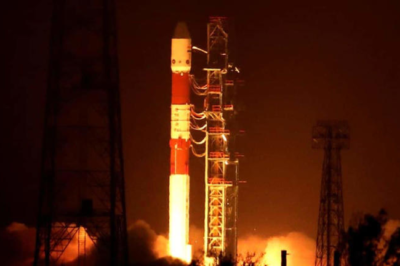
India’s space agency, ISRO, has rescheduled its inaugural satellite docking mission, the Space Docking Experiment (SpaDeX), from January 7 to January 9. This mission is pivotal in advancing India’s space capabilities, particularly for projects like the proposed Bharati Antriksh space station.
Key Points
- SpaDeX Overview:
- Involves two satellites: a “chaser” satellite and a “target” satellite.
- Launched on December 30, the mission aims to demonstrate precise satellite docking capabilities, crucial for future space station operations.
- Why the Reschedule?
- The shift ensures perfect conditions for this precision-driven procedure, where alignment and power optimization are paramount.
- ISRO has confirmed there are no issues with the satellites or overall mission readiness, and the delay is precautionary.
- Docking Process:
- The chaser satellite will approach the target at a controlled speed of 10 millimeters per second.
- Once contact is made, clamps will secure the two satellites, forming a unified unit for testing operations such as power transfer and heating systems.
- Significance:
- The mission will demonstrate critical technologies required for sustained space station activities, such as system control and energy sharing between docked modules.
- Success here lays the foundation for ambitious ventures like Chandrayaan-4 and India’s Bharati Antriksh station, propelling ISRO toward global space leadership.
Curious Question:
How could the SpaDeX mission influence future international collaborations for India’s space station efforts?
Conclusion:
SpaDeX is a testament to ISRO’s commitment to achieving milestones in space exploration. By prioritizing mission precision, the agency underscores the importance of flawless execution for India’s path to becoming a leader in the global space industry.








































Leave a Reply